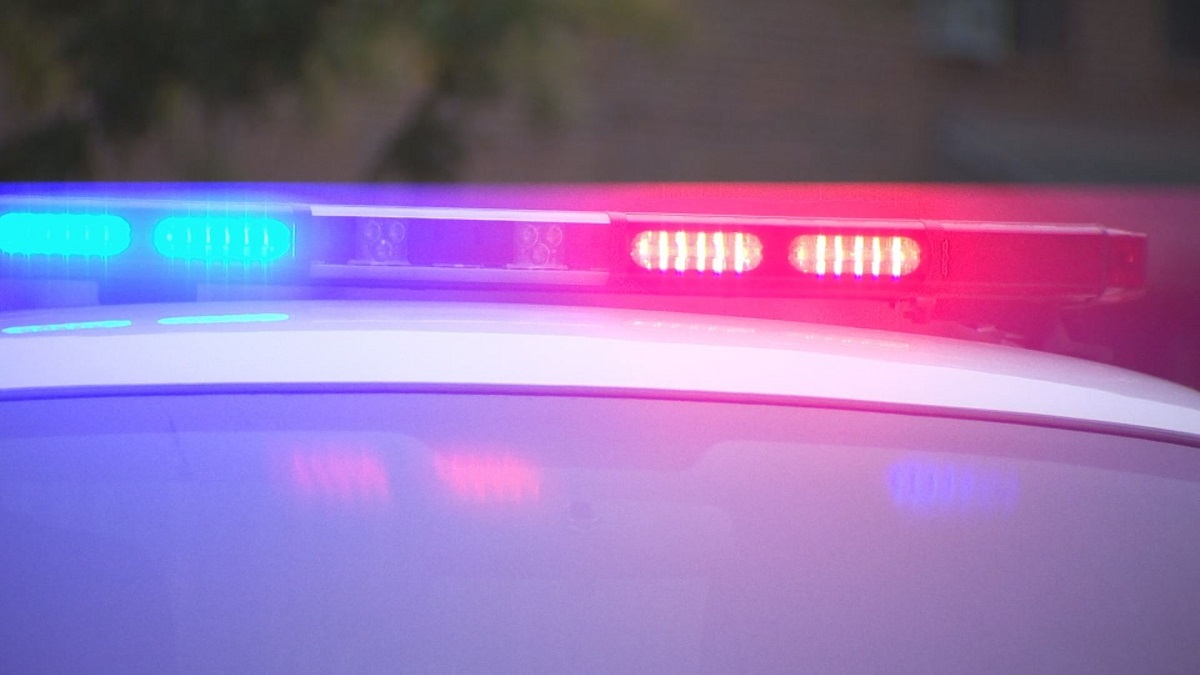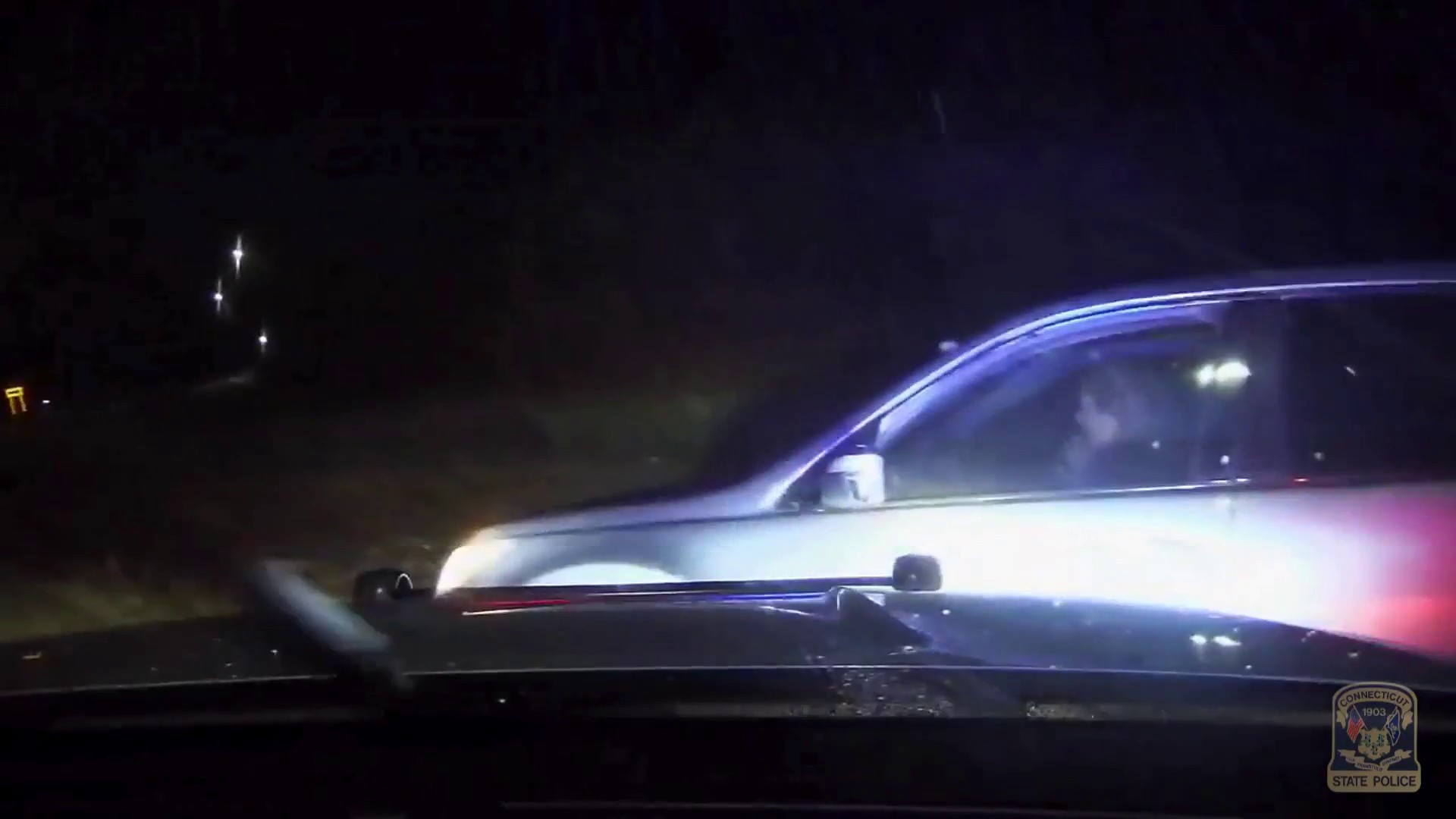Lawmakers are looking to implement no-fault absentee balloting after voters approved the change last November.
Lawmakers are looking to implement no-fault absentee balloting after voters approved the change last November.
A proposal would remove any of the restrictions on who is eligible for an absentee ballot, allowing all voters to vote without going to a poll.
“Voters really want a safe and accessible democracy and so this is an opportunity to make their voices heard,” The Connecticut Project Campaigns Manager Coralys Santana said outside a public hearing Monday at the legislature.
Voters approved removing restrictions in the state’s constitution that limit the excuses allowed for an absentee ballot, including illness, being out-of-state on Election Day and military service.
Get top local stories in Connecticut delivered to you every morning. Sign up for NBC Connecticut's News Headlines newsletter.
The bill would simply require voters to attest on their application that they will not show up at a polling place on Election Day.
If approved and signed into law, the change would be in place in time for this year’s municipal elections.
The bill includes no other major changes to the absentee ballot process for now - a move Rep. Matt Blumenthal (D-Stamford) said allows the legislature to quickly enact something approved by voters.
Local
Blumenthal, who co-chairs the Government Administrations and Elections Committee, said the legislature will still look at changes in the coming years to address concerns about security and efficiency.
Those ideas include tracking for absentee ballots and a process to allow voters to correct problems with their absentee ballots.
“I think we’ll be back next session with additional tracking and ballot curing provisions and pre-processing provisions that make the absentee balloting process better,” Blumenthal said.
Republicans are pushing for more security measures, including requiring photo identification for absentee ballot applications.
They also want to ban the practice, utilities by operatives in both parties, of sending unrequested absentee ballot applications to voters, among other proposals.
“Clearly we have a problem when it comes down to security and the absentee ballot system and fraud,” Sen. Stephen Harding (R-Minority Leader) said.
Some Bridgeport voters also urged lawmakers to go further on security measures, as seven people have been charged with fraud-related charged in connection to the city’s 2019 and 2023 mayoral elections.
A public hearing on Friday included multiple bills aimed at fixing problems in the city.
One would create an oversight board that could step in and oversee elections when a town has a history of problems. The idea is drawing pushback from municipalities.
“I think in some respects, it’s a bit heavy-handed and we need to ensure that the state recognizes that we’re partners in local governance,” Connecticut Council of Small Towns Executive Director Betsy Gara said.
Other proposed changes include not allowing an elected official to sit in a vehicle while a voter casts a ballot curbside and barring anyone convicted from an election crime from circulating absentee ballot applications for 12 years.
Gemeem Davis, a co-founder of the group Bridgeport Generation Now, wants the bill to go even further and bar campaign workers or political operatives from doing those things at all.
“We do not believe that campaigns or political operatives need to be in the voting process," Davis said.
The legislature is also looking at changes to early voting, which was rolled out in Connecticut for the first time last year.
None of those changes include shortening the windows for early voting – one week for primaries and two weeks for elections – or financial aid for municipalities. Local leaders hope that changes.
“It is a big lift to have small towns provide polling places and election workers for 14 days during a general elections and seven days during a primary,” Gara said.
Another piece of legislation would allow for ranked choice voting for primaries, including the presidential choice primary.
A study group assembled by Gov. Ned Lamont (D-Connecticut) proposed the idea.
“This disincentivizes “strategic” voting [voting for a candidate that is not their first choice], giving every voter the opportunity to indicate their true preferences when participating in their civic duty,” Lamont wrote in written testimony.
“It also means that a first-place vote allocated to a candidate does not feel 'wasted' if that candidate does not draw a significant level of support," he continued.
But Secretary of the State Stephanie Thomas (D) said the proposal doesn’t account for the changes the state would need to make to ballots and tabulators.
She said she supported ranked choice voting, but urged lawmakers to instead let her office work with others to create a plan.



